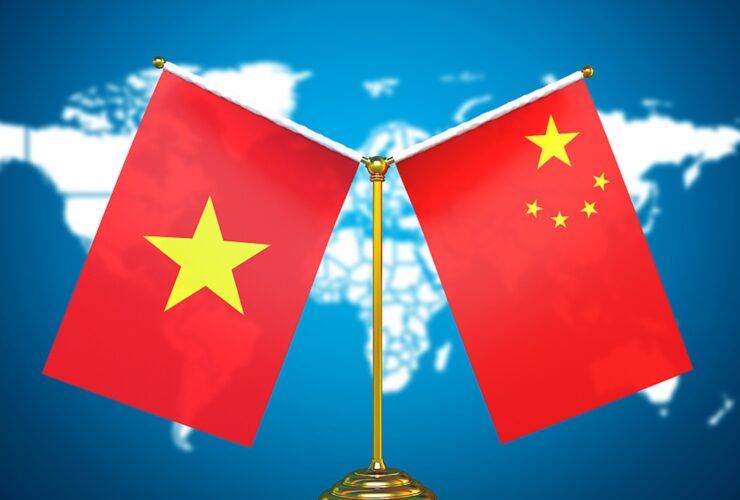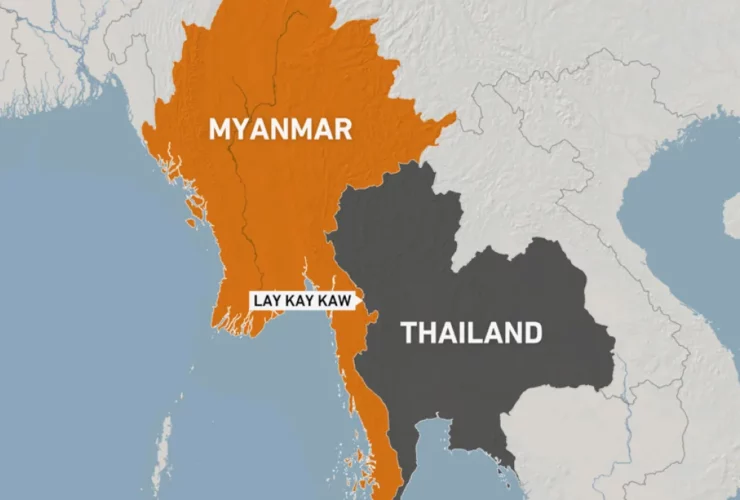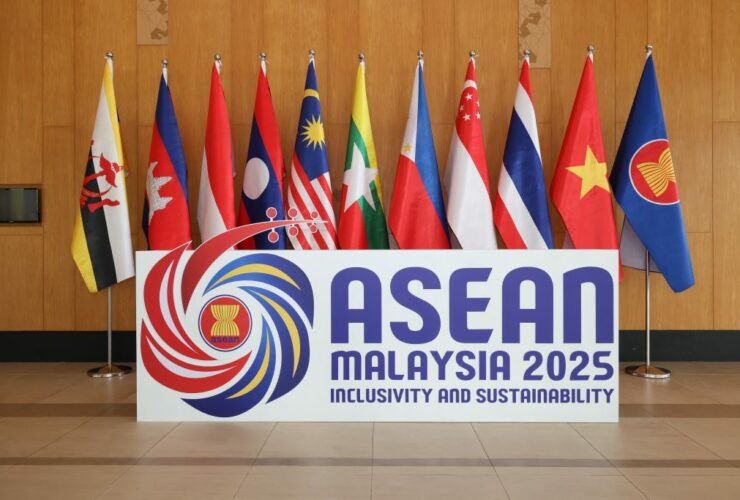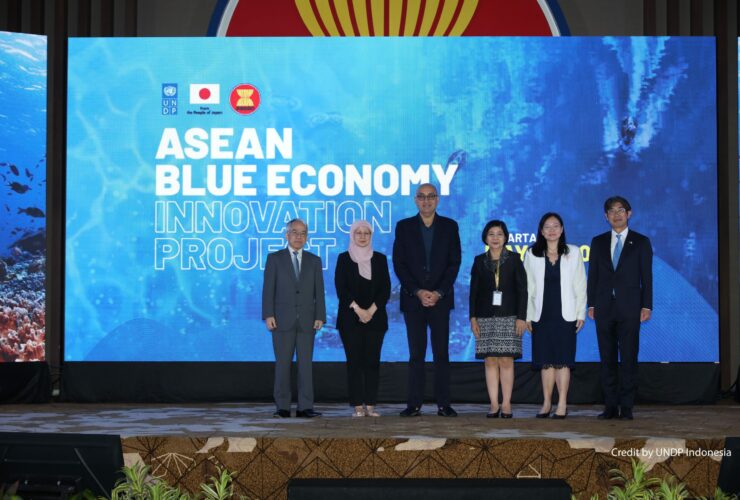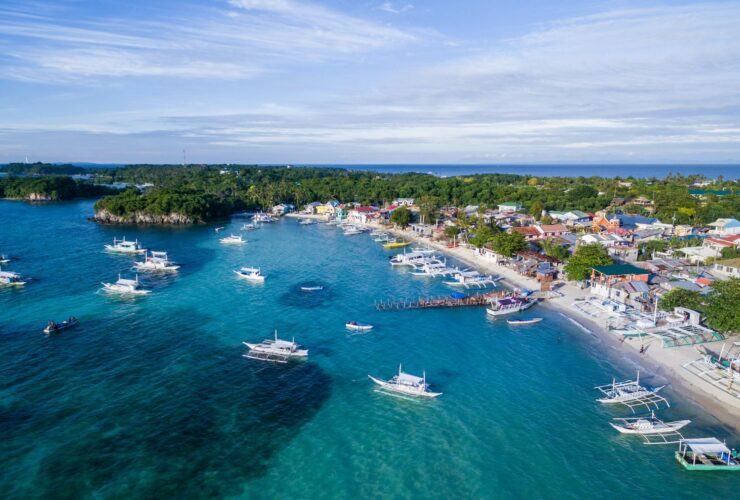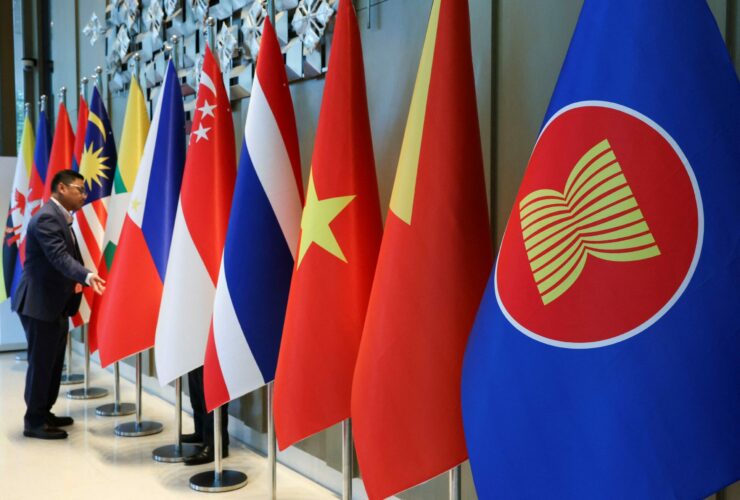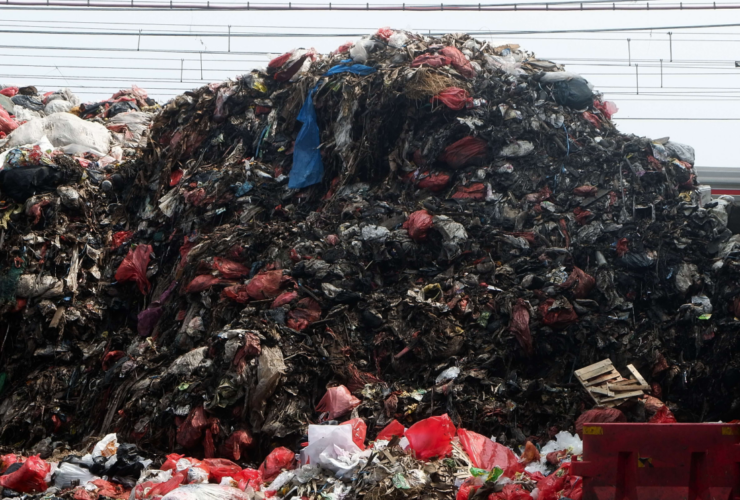More Than Neighbors By Mehmet Enes Beşer In a world that is grappling with an evolving geopolitics order—defined by frayed multilateralism, economic nationalism, and intensifying great-power competition—the evolving China-Vietnam relationship has another tale to tell. Too often seen in the narrow context of their border conflicts and historical challenges, Sino-Vietnamese relations are being constructed in low-key style as a pragmatically ...
ASEAN states—long peripheral to big power stories—are secretly building the most dynamic vision for regional integration in the world. By Mehmet Enes Beşer The post-Cold War dream of an American global order—liberal in ideology, capitalist in architecture, and technocratic in tone—was once celebrated as universal. That order, built on the shoulders of international institutions and trading regimes crafted in Washington, ...
The crisis in Myanmar has become the test case for ASEAN. By Mehmet Enes Beşer Today, it is entering its fourth year with no endgame on the horizon. The military regime is as entrenched as ever, and anti-junta forces have become more united in their efforts, while humanitarian conditions continue to deteriorate month after month. Within this maelstrom of uncertainty ...
Time for a Strategic Pivot By Mehmet Enes Beşer The atmosphere in the capitals of Southeast Asia is growing increasingly unmistakably fatigued when it comes to climate finance. All those repeated promises from the developed world to mobilize billions on the behalf of climate mitigation and adaptation in the Global South have come woefully short. From unpaid commitments under the ...
ASEAN environmental sustainability depends on how digital technologies become localized. By Mehmet Enes Beşer The environmental sustainability experience of Southeast Asia is an uneven and rugged terrain, shaped by forces that intersect but refuse to move together in harmony. As the ASEAN countries speed up to discover the middle path between economic development and nature protection, they must contend with ...
If ASEAN is to take the lead on climate, it must break a paradox not through compromise but through change. By Mehmet Enes Beşer There is a stunning paradox at the core of the Southeast Asian model of development, a paradox more desperate with each climate summit, energy crisis, and investment diversion. The ASEAN bloc has subscribed formally to world ...
Needed summit outcome so that the chair’s slogan—Inclusivity and Sustainability—will be more than a theme. By Mehmet Enes Beşer The year has conspired to make ASEAN’s end-October Leaders’ Summit in Kuala Lumpur unusually consequential. Malaysia, chairing under the banner of “Inclusivity and Sustainability,” must navigate a denser-than-usual thicket: renewed tariff salvos from Washington, the still-bleeding crisis in Myanmar, the slow-moving ...
The most crucial innovations will be those which enhance ecosystems, livelihoods, and peoples on the gray fringes of urban life. By Mehmet Enes Beşer Southeast Asian urbanization is a demographic tendency—it is additionally a political, economic, and ecological milestone. As urban masses swell with countryside-to-city migration, increased incomes, and urban infrastructure expansion, the region grapples with a query squarely at ...
ASEAN can establish a “Green Coastal Shipping Corridor” project. By Mehmet Enes Beşer Short-sea shipping has been the backbone of maritime Southeast Asia for centuries. From Singapore and Manila ports to Indonesia’s sea lines of the archipelago and the inland water transport network of the Mekong Delta, short-sea shipping is an economic driver and a logistics imperative. Yet even as ...
Charting a New Course in a Polarized World By Mehmet Enes Beşer The promise of a “New Malaysia” first captured global attention in 2018, when a surprise electoral upset ended sixty-two unbroken years of Barisan Nasional coalition government. Pakatan Harapan coalition win—and return to politics of veteran politician Mahathir Mohamad—was welcomed as a democratic victory, a harbinger that Malaysia was ...
For ASEAN, the question is not whether to participate or not in global finance and trade—it does so already. The question is how to use that role for people and planet’s benefit, and not just profits. By Mehmet Enes Beşer ASEAN’s transformation into one of the globe’s most dynamic economic blocks has been spurred as much by domestic reform as ...
From Landfills to Living Labs By Mehmet Enes Beşer While nearly 110 million people worldwide remain undernourished, and more than 30% of all food produced is lost or wasted, the irony of food deficiency as well as over-consumption in ASEAN is both an ethical and a strategic issue. Not only is food loss a terms-of-art contradiction of fundamental equity—it’s also ...







